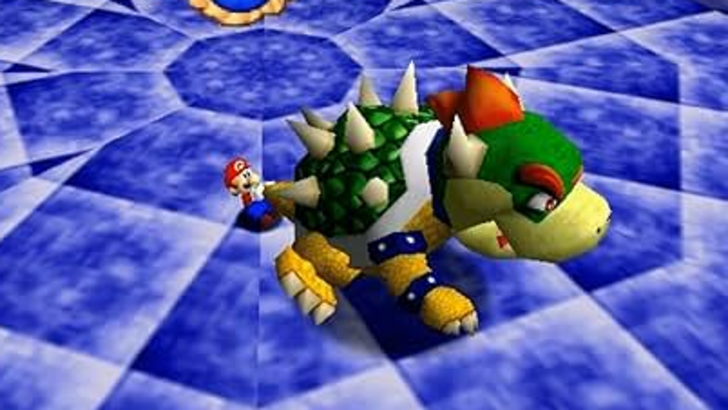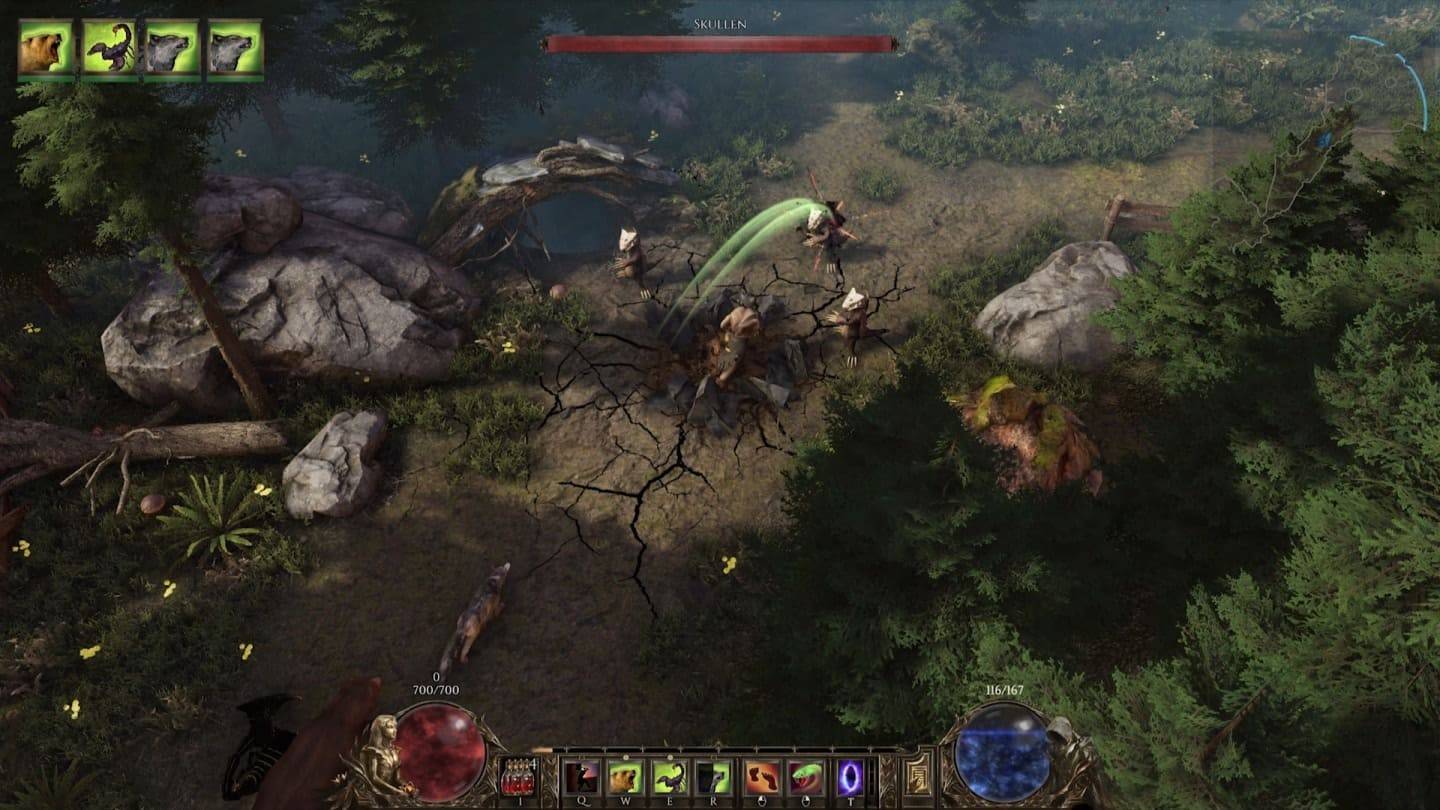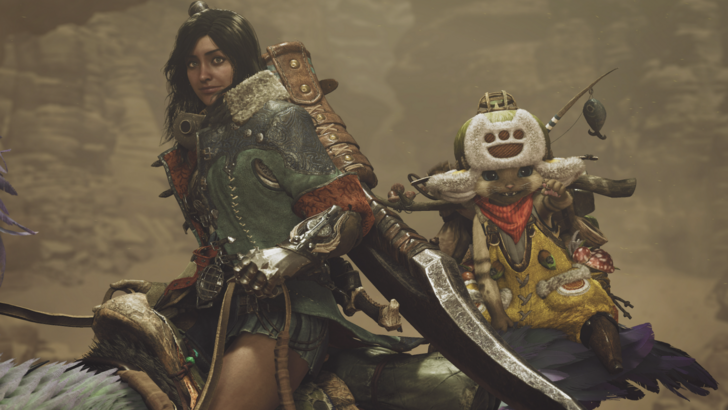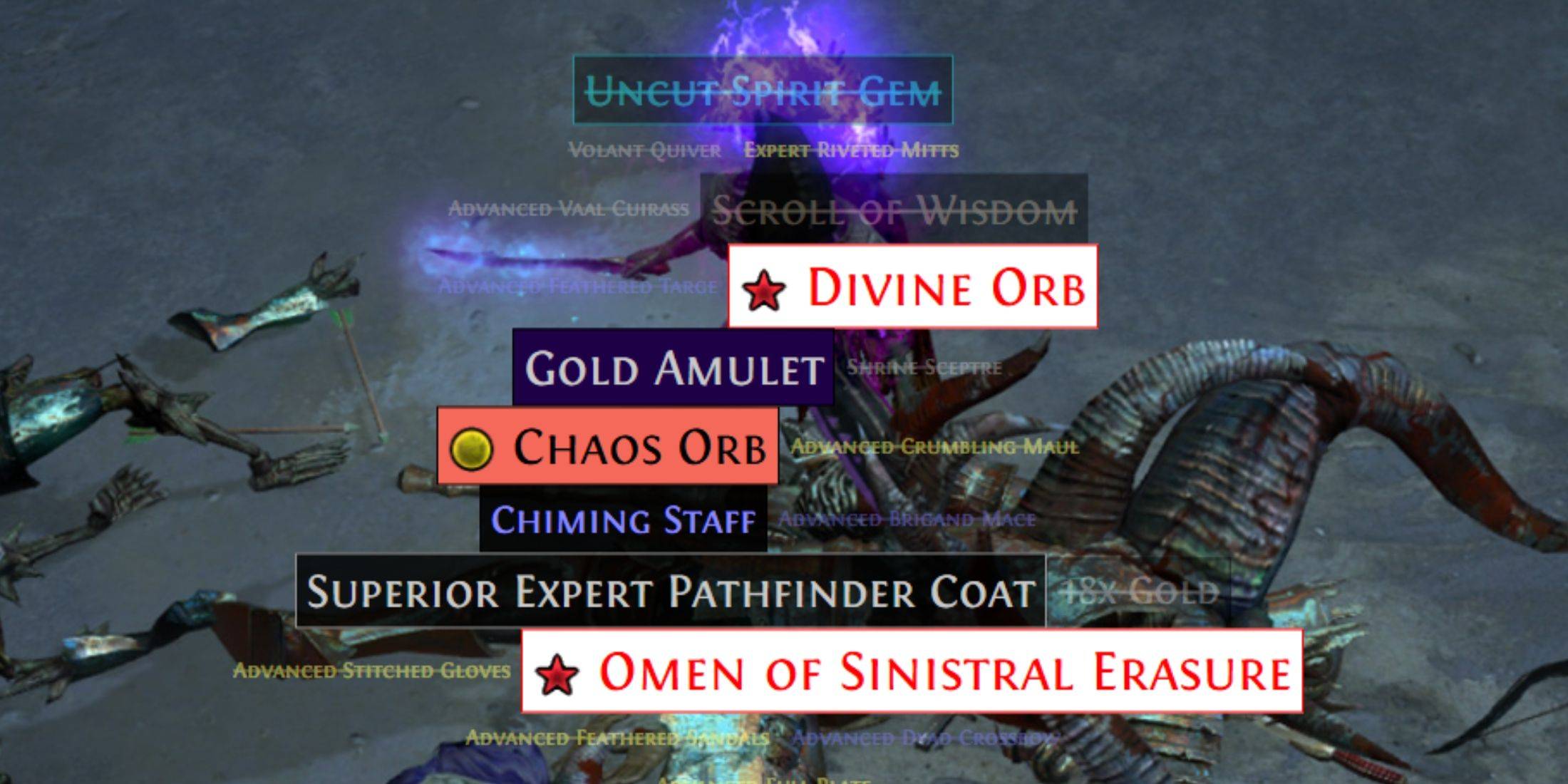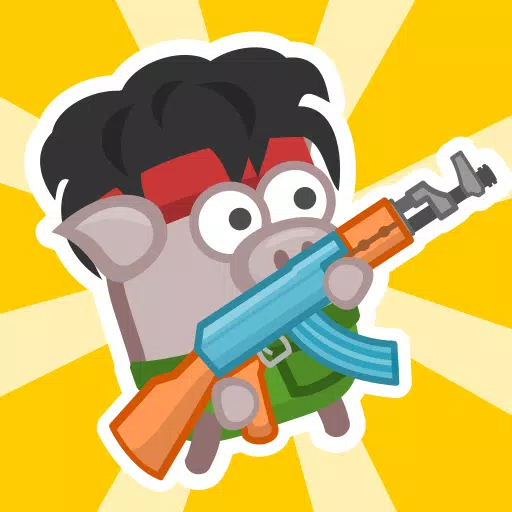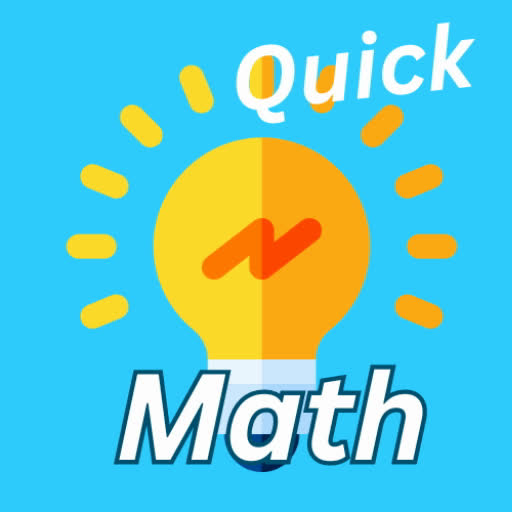Konami’s upcoming title *Silent Hill f* has received an RC (Refused Classification) rating in Australia, which currently prevents the game from being sold within the country. However, it's important to note that this classification was issued through an automated system under the International Age Rating Coalition (IARC), rather than by actual members of the Australian Classification Board. Based on past precedents, this likely isn't the final outcome.
Konami does not directly distribute its games in Australia, but IGN has reached out to its local third-party distribution partner for further comment.
The exact reason behind the RC classification has not yet been disclosed. Since the introduction of the R18+ rating category for video games in Australia back in January 2013, very few titles have been refused classification. When they are, it's typically due to content involving sexual activity with characters appearing to be under 18, explicit depictions of sexual violence, or incentivized drug use within gameplay. For context, *Silent Hill: Homecoming* (2008) was also initially refused classification prior to its release due to a graphic torture sequence. That decision came before the R18+ rating existed and was later adjusted with modified camera angles to meet MA15+ standards.
What is known is that the RC rating assigned to *Silent Hill f* was generated via the IARC online tool—a streamlined classification system primarily used for mobile and digitally distributed games. This tool works as an automated questionnaire where developers answer questions about their game’s content. Based on these responses, the system assigns a recommended rating tailored to each participating region’s guidelines. In Australia’s case, this result gets automatically published on the National Classification Database without direct human review.
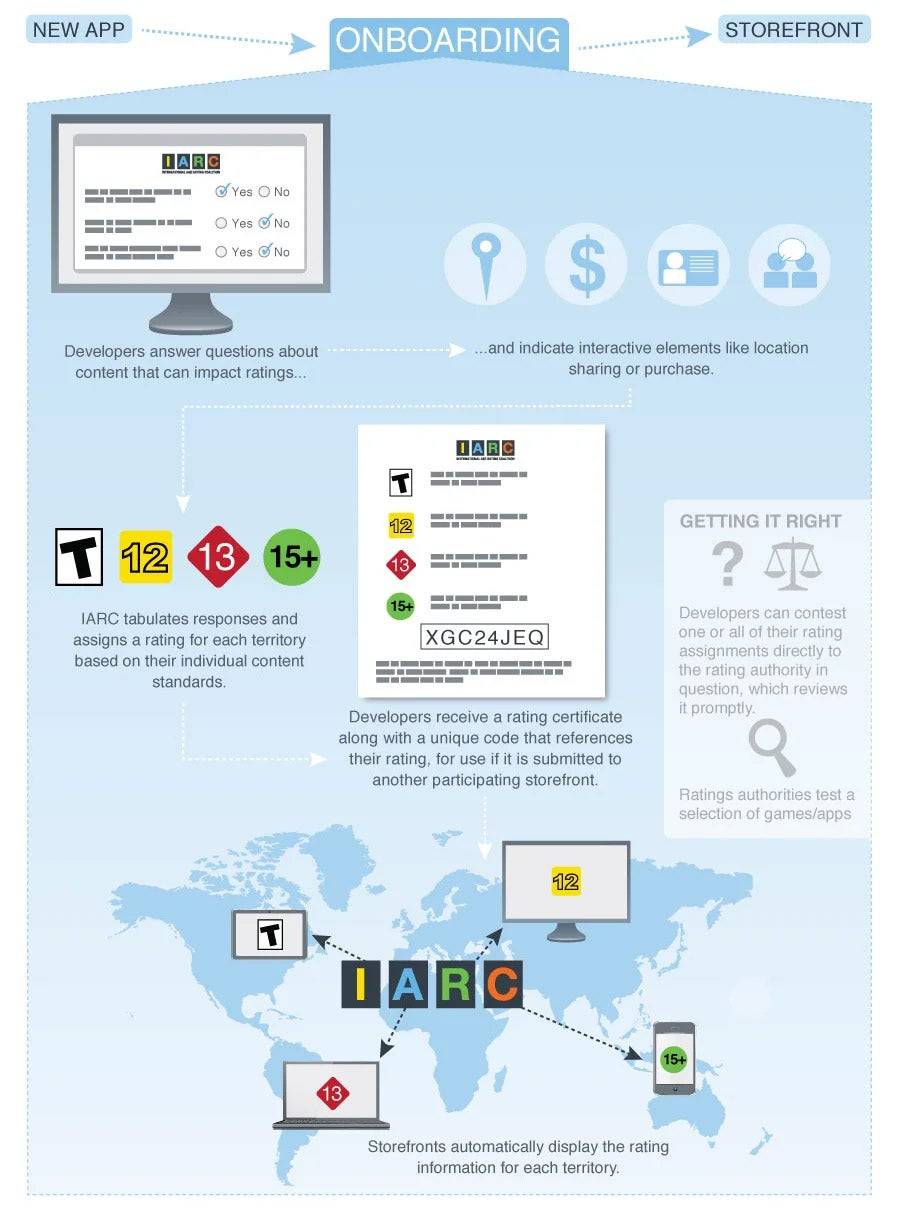
In Australia, the IARC system has only been applicable for digital releases since its adoption in 2014—this was largely introduced to manage the overwhelming number of mobile game releases (over 40,000 annually on iOS alone at the time). It's worth noting that there have been cases where the IARC tool has assigned stricter ratings compared to those reviewed by human assessors at the Classification Board. A notable example includes 2019, when *Kingdom Come: Deliverance* and *We Happy Few* were mistakenly reported as banned due to inflated IARC ratings.
The IARC platform is free to use, making it especially valuable for indie developers and smaller studios. However, physical game releases still require official classification by the Australian Classification Board. Therefore, if Konami intends to offer *Silent Hill f* in physical format in Australia, a formal submission to the board would always have been necessary. Additionally, the Classification Board retains the authority to overturn any IARC-assigned rating if it deems the automated decision inappropriate.
Australian publishers can utilize either accredited classifiers or authorized assessors. Accredited classifiers are internal staff trained by the Classification Board who can issue official classifications independently. Authorized assessors, whether employees or contractors, provide recommendations that must still be approved by the Classification Board before becoming official.
At this stage, it remains uncertain whether the RC classification will stand following any potential appeals or re-evaluations. Nevertheless, this marks the first Silent Hill title to receive an 18+ rating in Japan, signaling a potentially darker tone for the series' future direction.

 Latest Downloads
Latest Downloads
 Downlaod
Downlaod


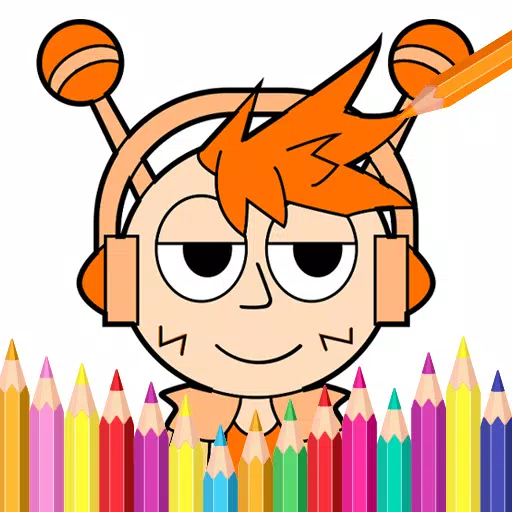

 Top News
Top News